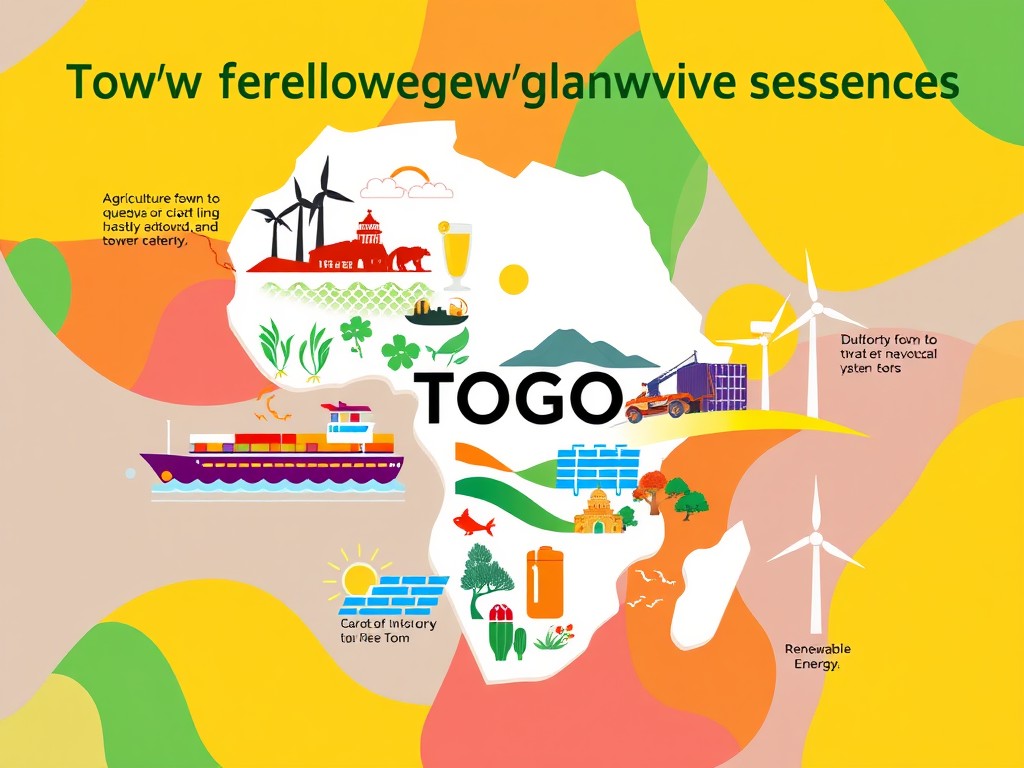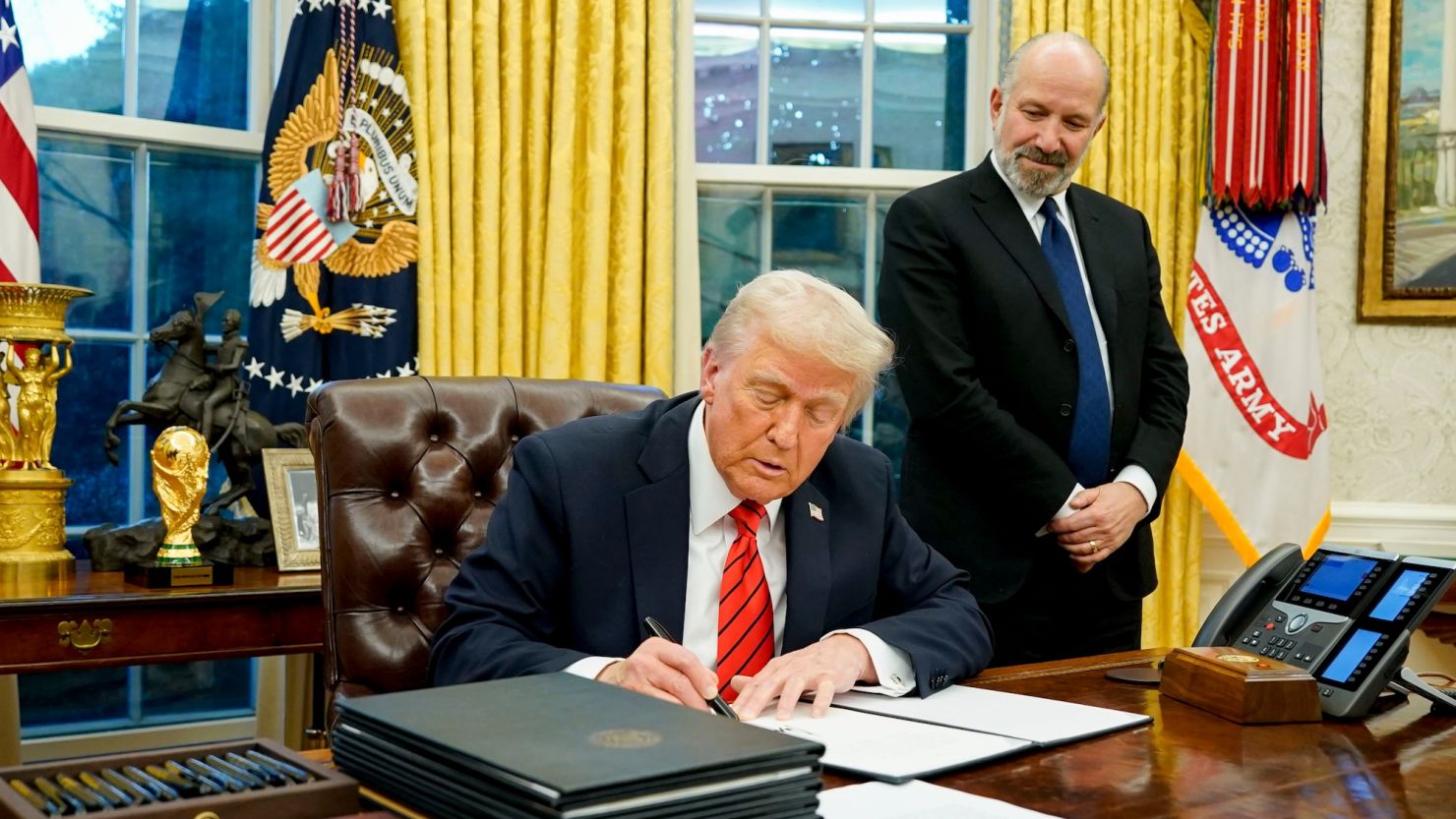Togo, a small but dynamic West African country, has experienced steady economic growth in recent years, driven by strategic investments in infrastructure, agriculture, and mining. These sectors not only underpin the nation’s economy but also create opportunities for sustainable development and poverty reduction.
Infrastructure development has been a cornerstone of Togo’s growth strategy. Major projects such as the expansion of the Port of Lomé—one of West Africa’s busiest ports—have bolstered the country’s position as a regional trade hub. Additionally, improvements in road networks and energy infrastructure are enhancing connectivity and fostering industrial growth.
Agriculture remains a vital sector, employing the majority of Togolese workers. Government programs aimed at modernizing farming practices and supporting smallholder farmers have led to increased productivity in key crops such as cotton and maize. Meanwhile, Togo’s rich mineral resources, including phosphate and gold, continue to attract foreign investment, boosting export revenues.
To sustain its growth trajectory, Togo must address challenges such as youth unemployment, climate change, and the need for further economic diversification. By leveraging its natural resources and strategic location, Togo is well-positioned to become a leading player in West Africa’s economic landscape.




